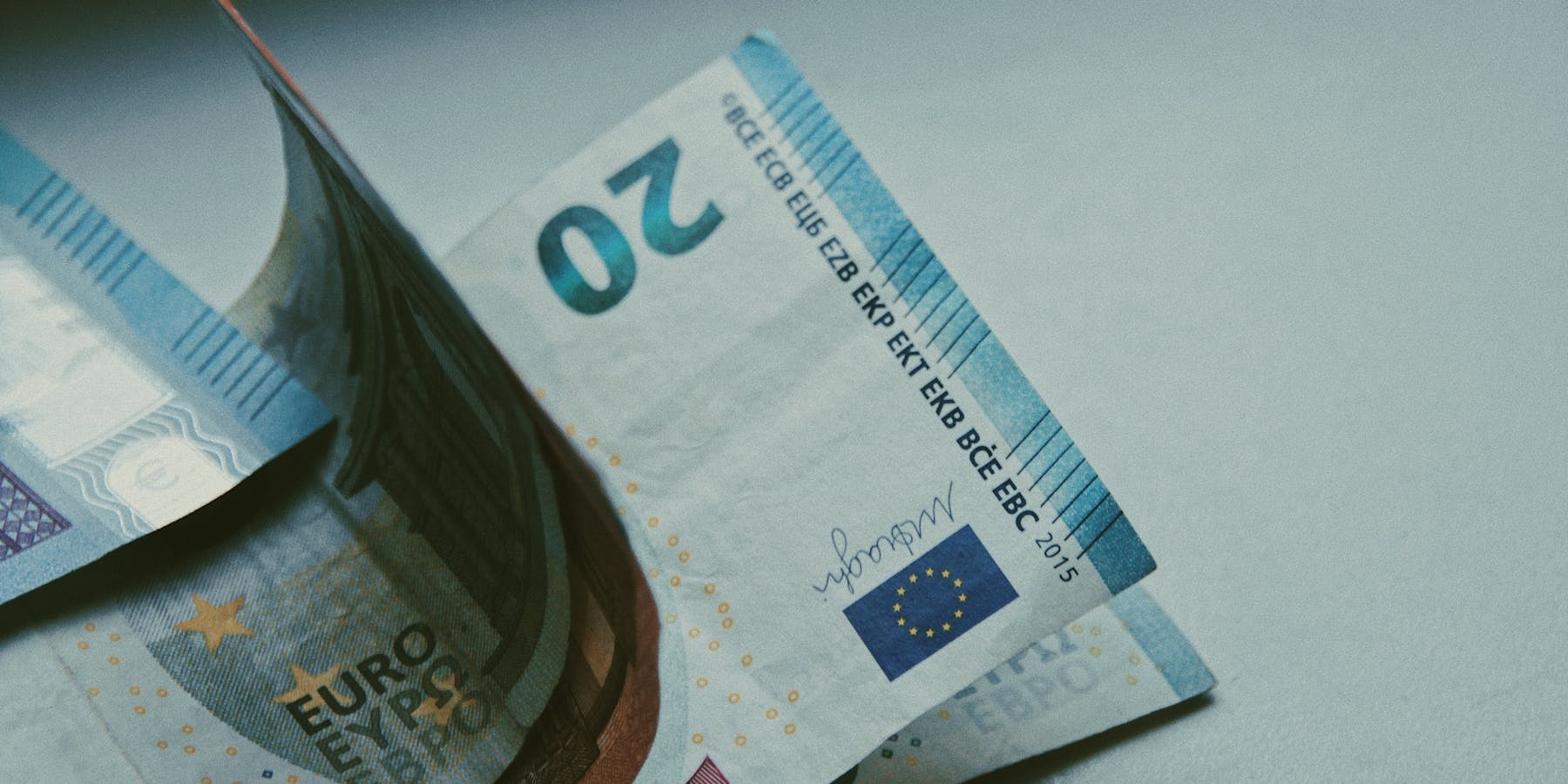More UK Travel Money Guides on Spending Pounds and Euros Abroad and Online
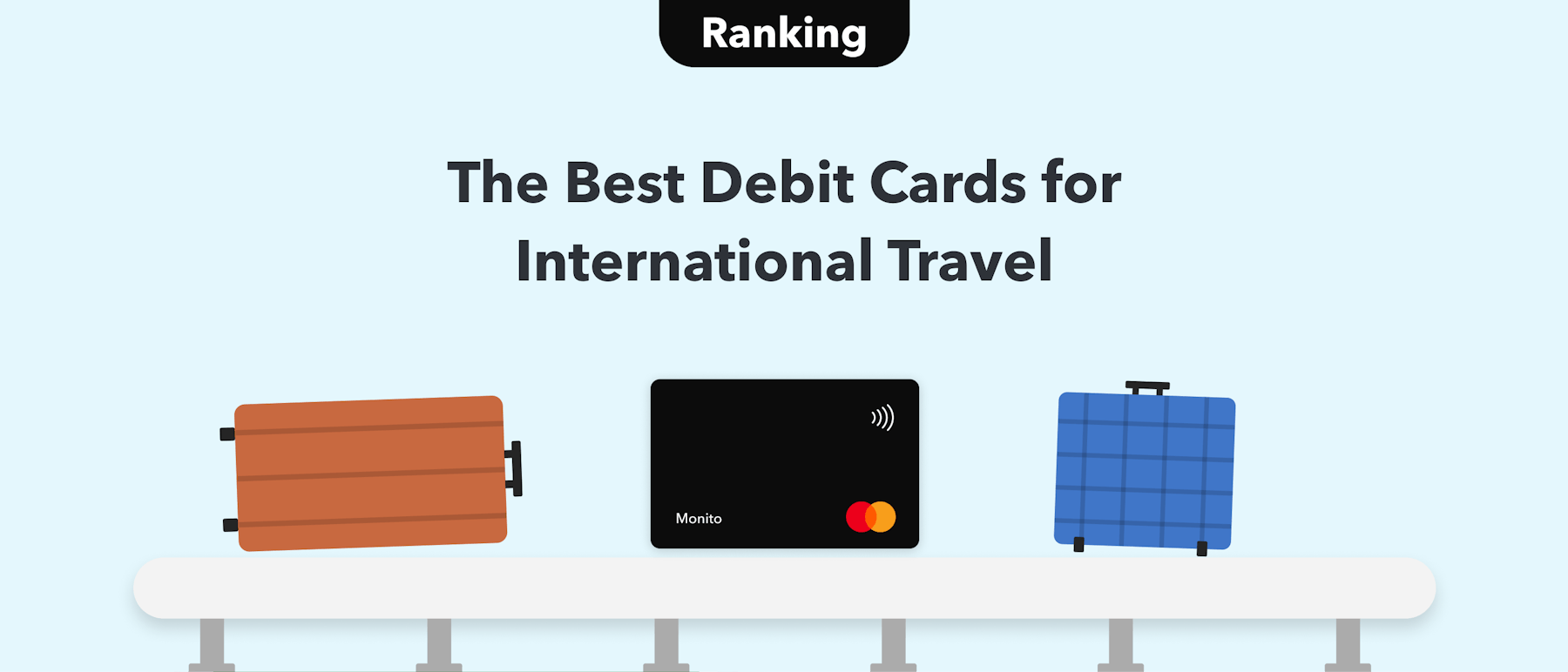
Best Debit Cards Without Foreign Transaction Fees
January 8, 2024 - by Jarrod Suda
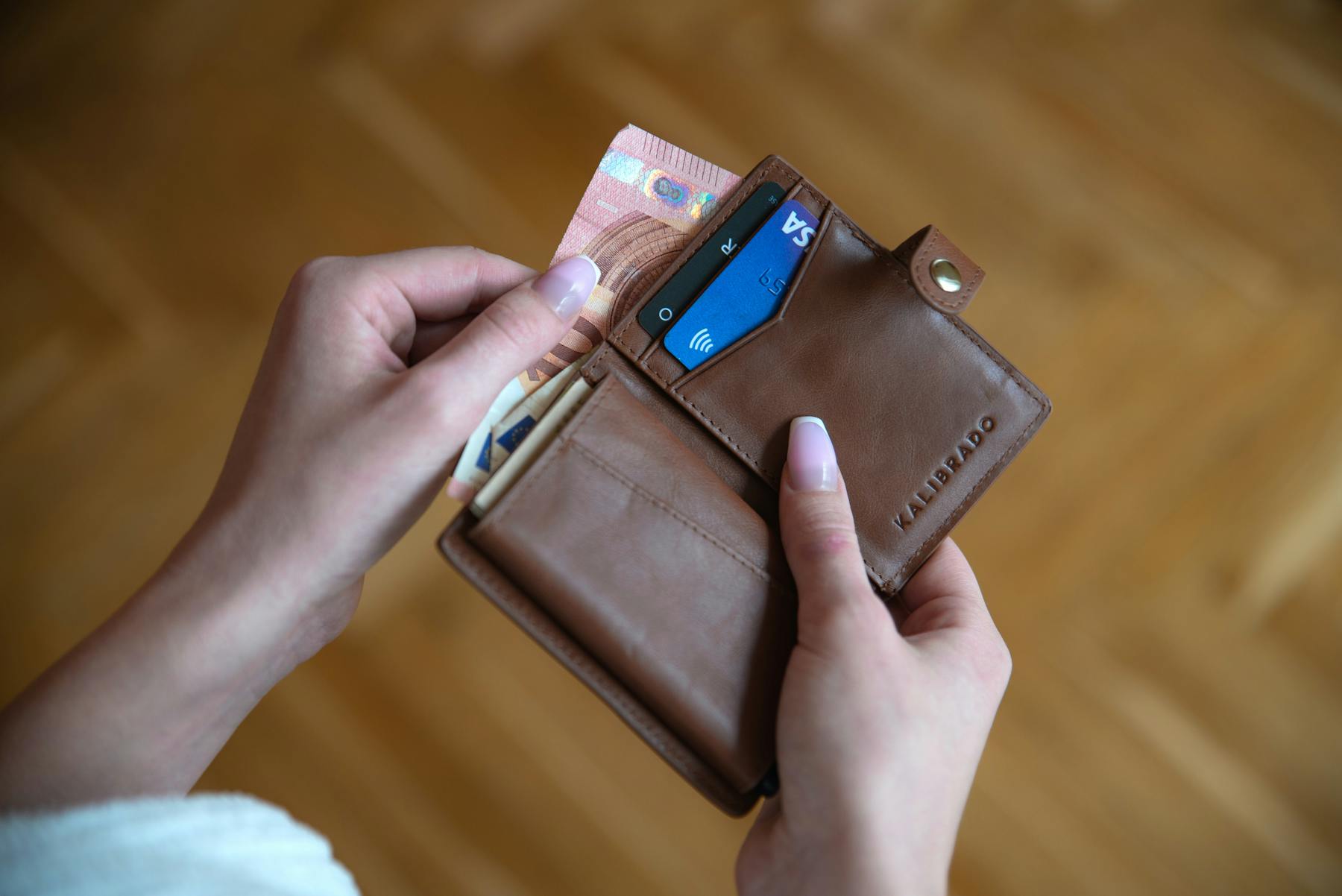
Can You Buy Euros With a Credit Card?
August 14, 2023 - by Jarrod Suda
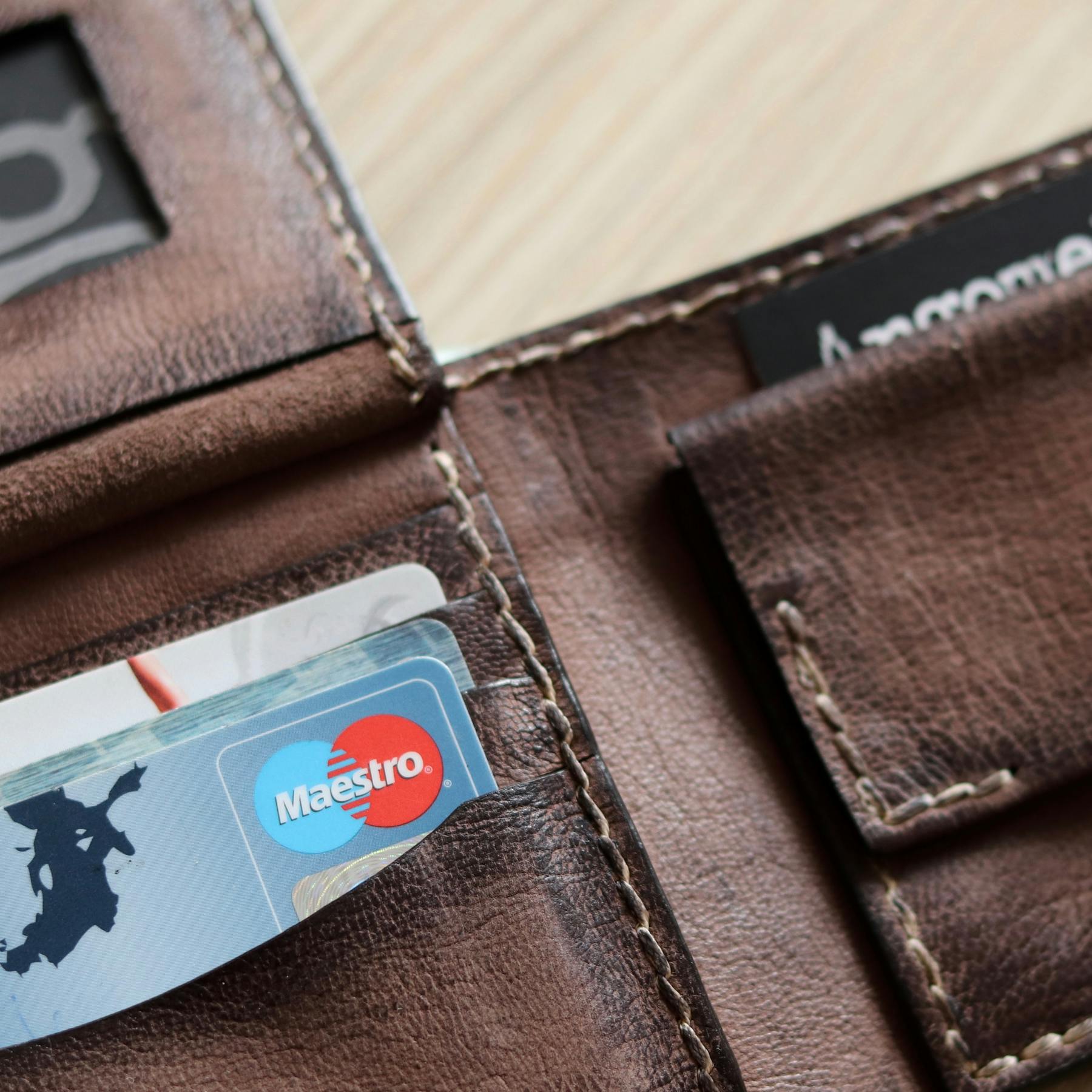
Best Debit Card to Use Abroad UK
May 19, 2023 - by Byron Mühlberg
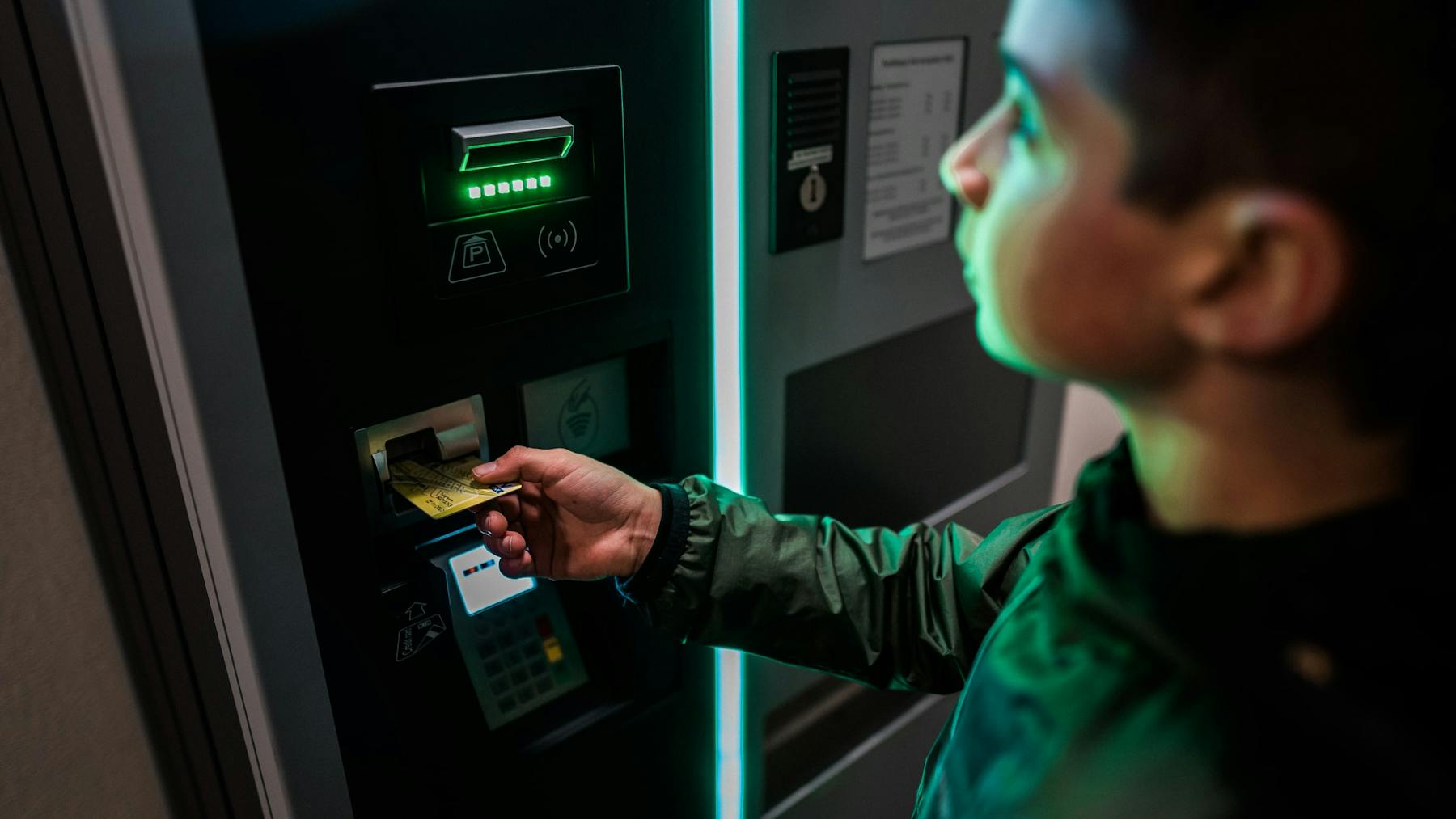
Cheapest Ways To Get Cash Abroad
November 7, 2023 - by Byron Mühlberg

Starling Bank Card Review for 2023 Travel and Banking
February 24, 2023 - by Jarrod Suda
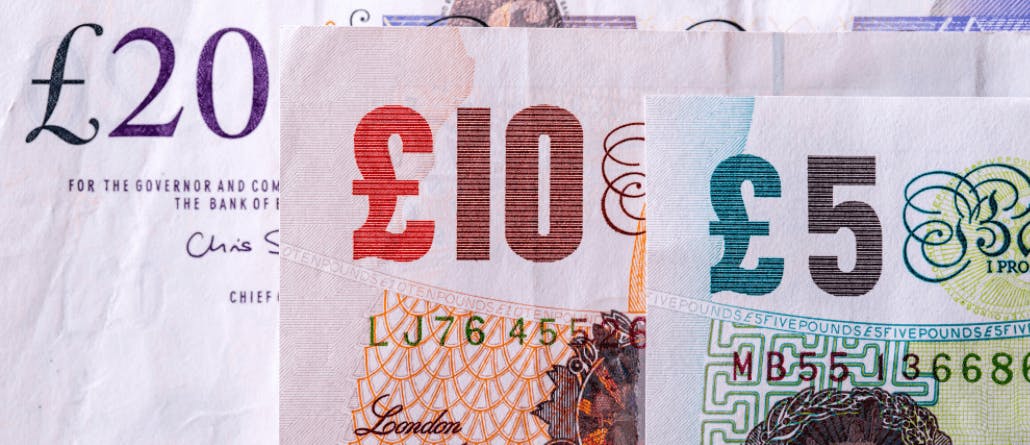
Next-Day Travel Money
August 11, 2023 - by Byron Mühlberg

Using Revolut Abroad: Maximize Your Card's Potential Abroad
May 30, 2023 - by Jarrod Suda
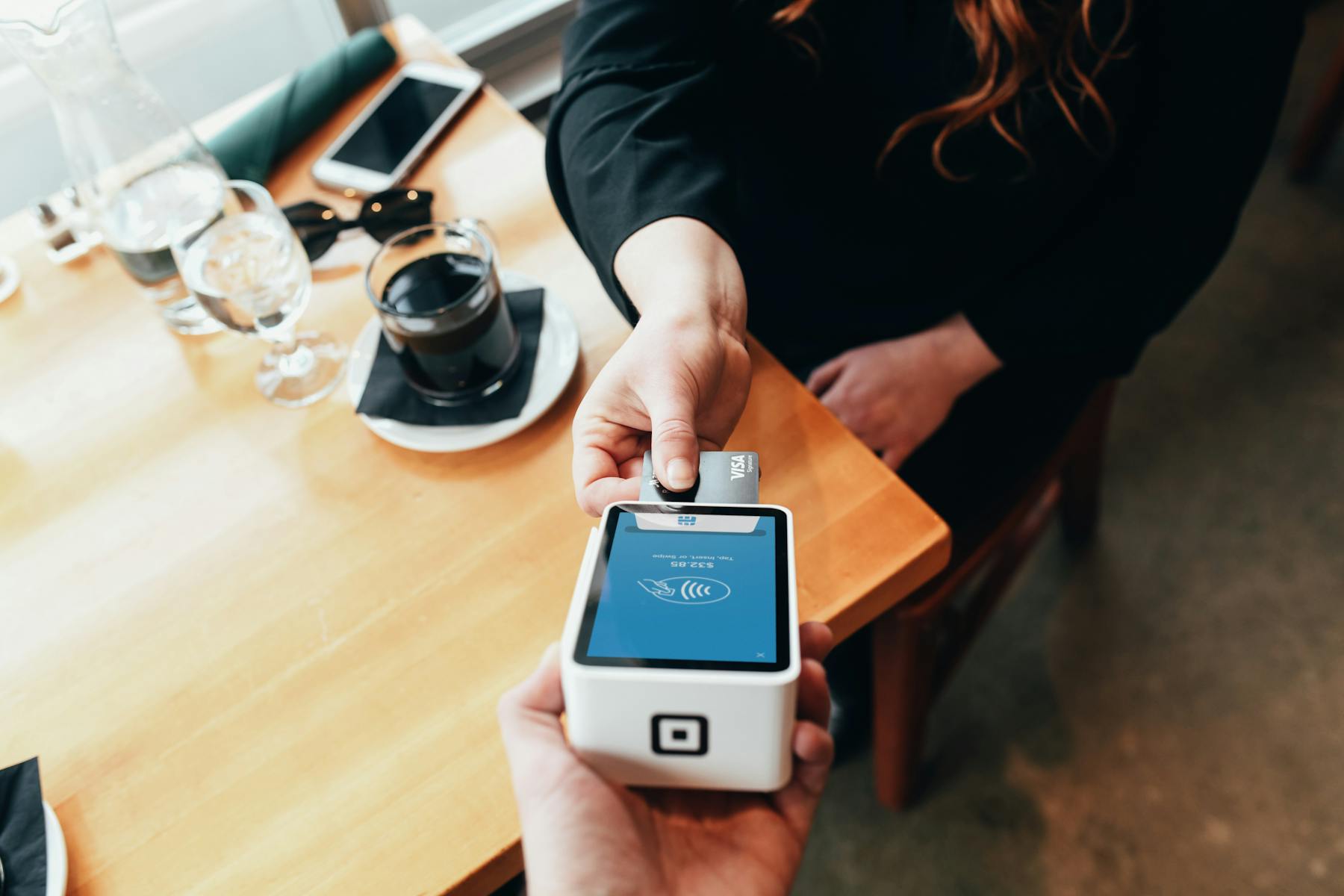
Debit Card Disadvantages Abroad
August 21, 2023 - by Jarrod Suda

Travel Money Comparison in the UK
September 2, 2023 - by François Briod
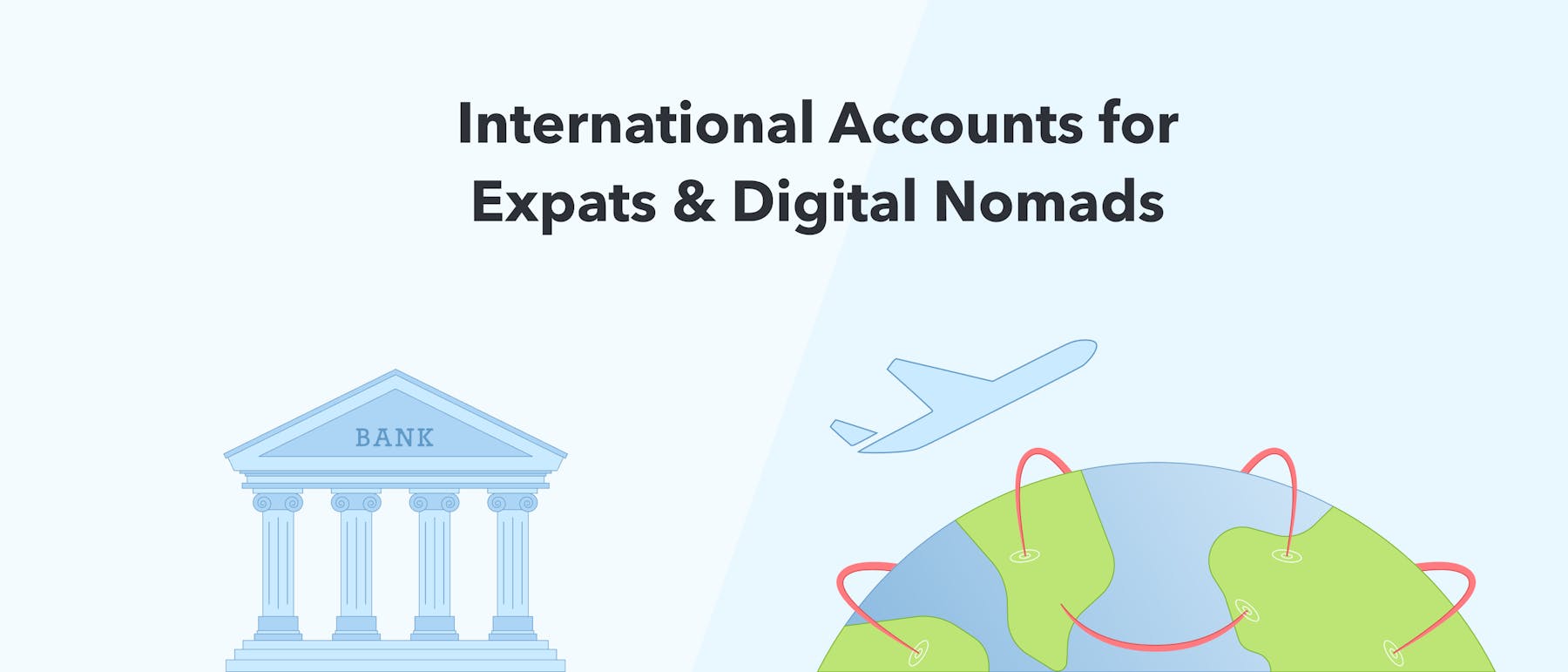
The Best Bank for Expats
January 8, 2024 - by Jarrod Suda

Best Place To Exchange and Buy Foreign Currency (Online)
July 31, 2023 - by Jarrod Suda
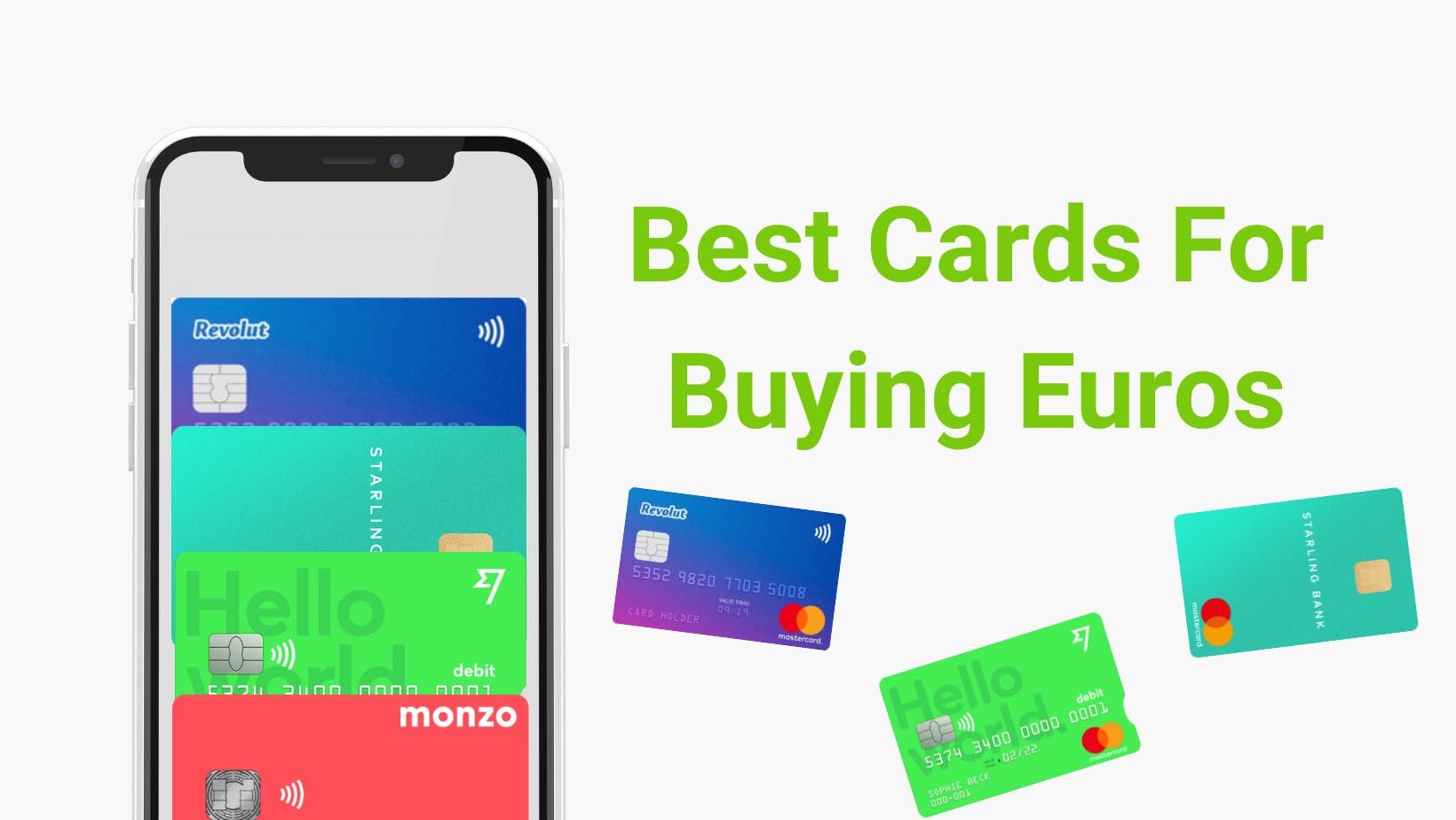
The Best Place to Buy Euros in the UK in 2023
June 20, 2023 - by Jarrod Suda

Using ATMs Abroad: Exchange Rates, Fees & Best Debit Cards
August 25, 2022 - by Jarrod Suda

The Best Way to Spend Money Abroad (Low Fees & FX Rates)
August 9, 2023 - by Jarrod Suda

8 Best Portable Wifi Hotspots for Travelers in 2024
May 2, 2024 - by Jarrod Suda

Luggage Storage While Traveling
April 27, 2024 - by Byron Mühlberg
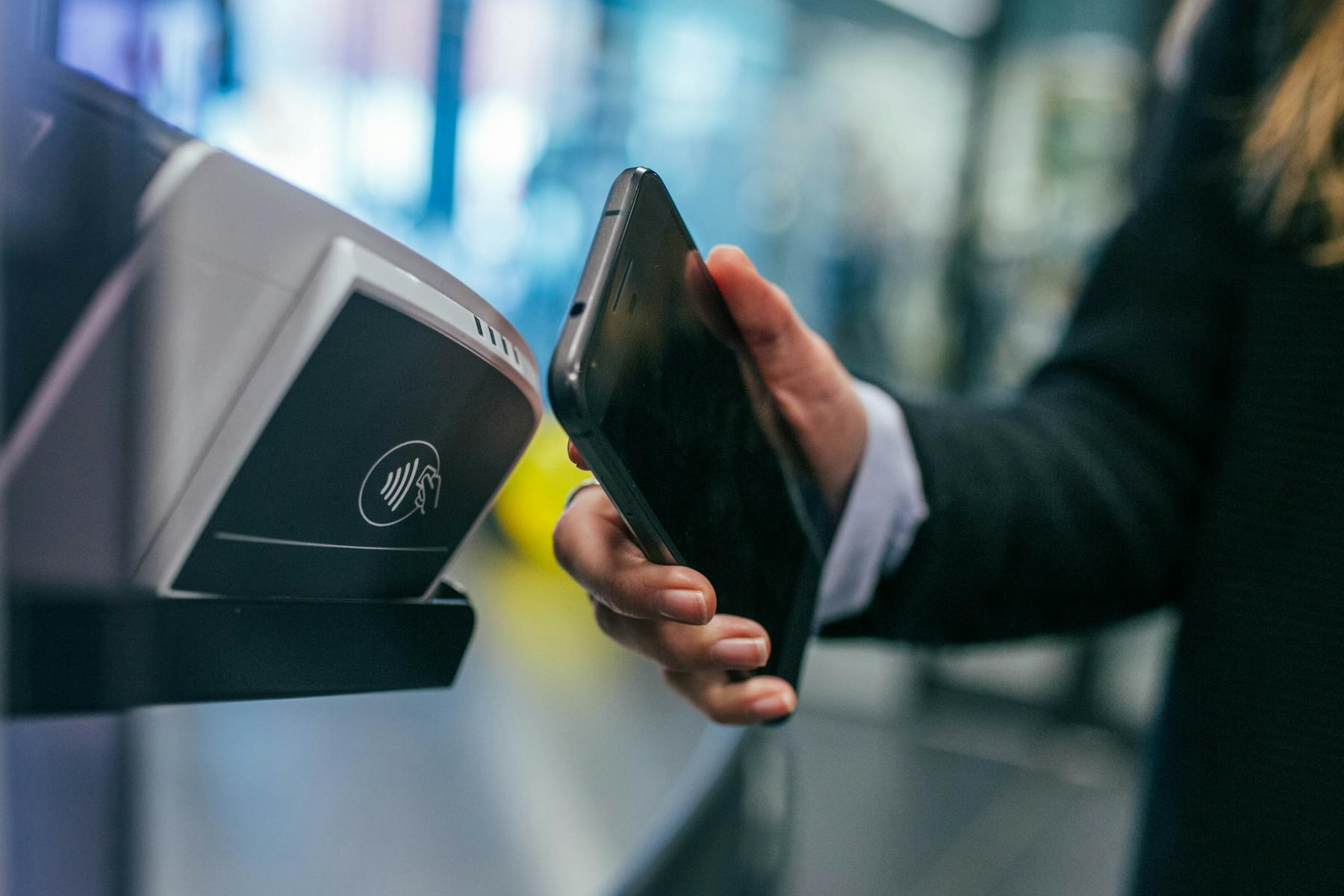
The 7 Best Credit Cards You Can Use in Canada in 2024
March 27, 2024 - by Jarrod Suda

The 6 Best Credit Cards to Use in Ireland in 2024
March 25, 2024 - by Jarrod Suda
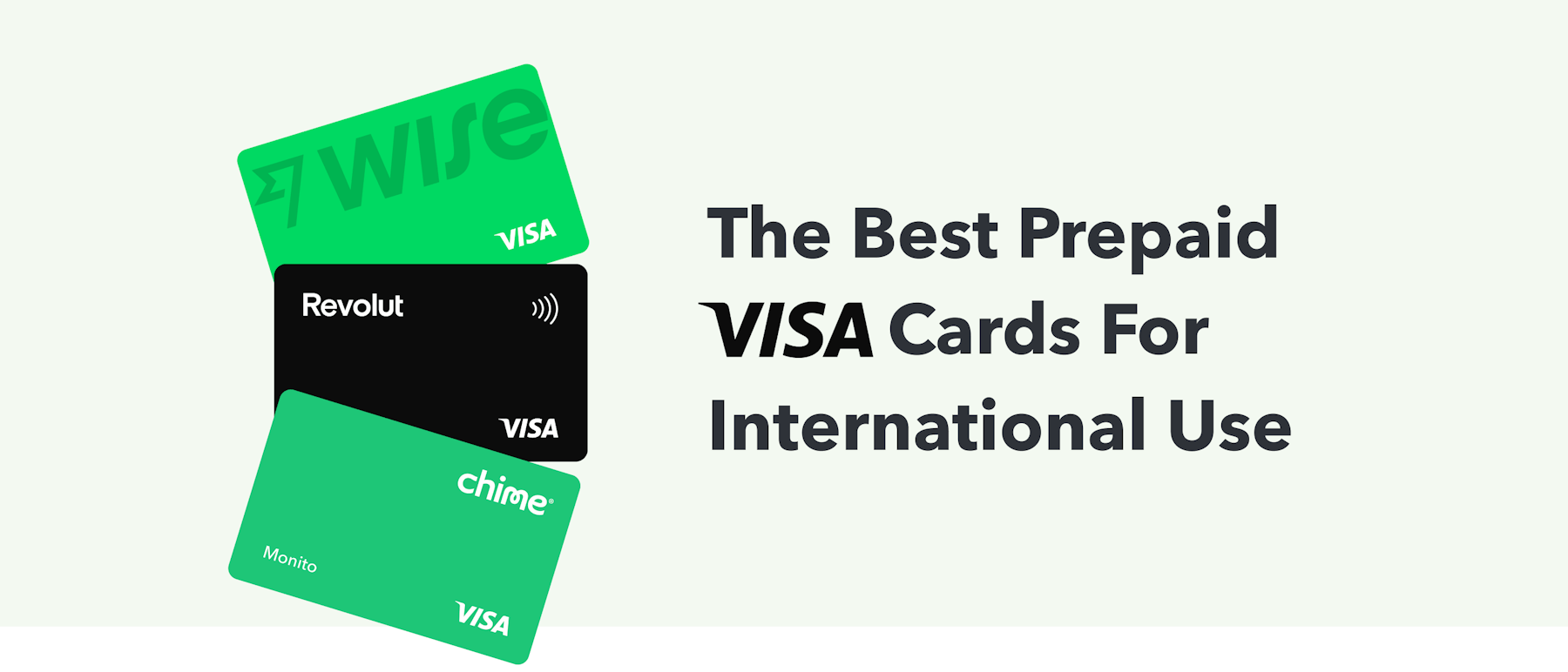
Prepaid VISA Cards For International Use
March 18, 2024 - by Byron Mühlberg
